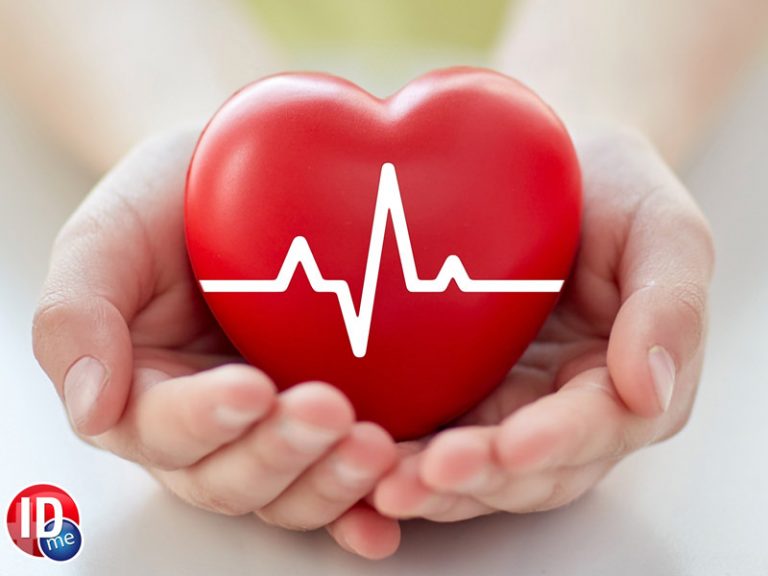According to the Heart And Stroke Foundation, cardiovascular disease (CVD), a frequent precursor to a heart attack, kills more South Africans every year than all the cancers combined, and is the second biggest killer in this country, after HIV/AIDS. Globally, it’s responsible for over 17 million deaths – more than TB, HIV and malaria put together. Hypertension, or high blood pressure, is one of the leading contributors to CVD in South Africa. It is, in fact, the foremost risk factor for a heart attack, responsible for just under half of all incidences. South Africa actually has a higher rate of high blood pressure in people aged 50 and older than any other country in the world, at any time in history. Almost 80 percent of people in this age group are diagnosed with hypertension. Even more sobering is that one in 10 children is already suffering from high blood pressure.
Perhaps it’s not surprising then, that in South Africa, five people have a heart attack every single hour. An additional 10 have strokes. Of these, two thirds will die.
It’s sobering stuff. But it’s not all doom and gloom. Getting the right help, and getting it fast, can make all the difference between surviving, or succumbing to, a heart attack.
Recognising The Symptoms Of A Heart Attack
One of the most common, and obvious symptoms of a heart attack is severe, sometimes crushing chest pain for 15 minutes or longer. However, a number of other symptoms – such as persistent neck or jaw pain, and indigestion – are also common. Or you could actually have no symptoms at all! Some people who suffer a heart attack have warning signs hours, days or even weeks before, while for others it comes on suddenly and unexpectedly.
Some of the symptoms to watch out for include:
- Pain, sometimes a squeezing pain – in the centre of the chest, left shoulder, arms, jaw, elbows or back.
- Uncomfortable pressure or fullness in the centre of the chest
- Feeling nauseous or actually vomiting (more common in women than men)
- Shortness of breath, or struggling to breathe
- Feeling faint or lightheaded
- Feeling sweaty or clammy, with greyish skin
What To Do If Someone’s Having A Heart Attack
The first and most important thing to do is to call your local emergency number. This may be the municipal services, your medical aid’s emergency assistance, or a subscription-based emergency response service. If you don’t have access to any of these options, drive the victim to the nearest hospital immediately. Don’t ignore the symptoms, or try to tough them out, thinking they’ll go away. A patient is three times more likely to survive if they receive advanced medical help within an hour of having a heart attack.
Other things you can do are:
Aspirin
If the heart attack victim is fully conscious, and unless he’s allergic to aspirin, or has been told by a doctor never to take them, give him a full dose (300mg) to chew on. Tell him to chew it slowly so that it dissolves and is absorbed into the bloodstream more quickly when it reaches the stomach. Most heart attacks are caused by a blood clot forming in one of the blood vessels that supply the heart with oxygen. Taking an aspirin during a heart attack helps prevent the clot from getting bigger, giving the body a chance to break it down. This improves the chances of survival.
Comfort
Try to ease the patient into a half-sitting position, with their knees bent and head and shoulders well supported. This helps to ease the strain on the heart. Loosen any tight clothing, such as a tie or belt, and undo the top buttons of a shirt or blouse.
What’s The Difference Between A Heart Attack And A Cardiac Arrest?
A heart attack happens when there is a sudden interruption in the blood supply to part of the heart muscle. This causes chest pain and is likely to permanently damage the heart. However, it still sends blood to the body, and the victim is still breathing and is usually still conscious.
A cardiac arrest, on the other hand, is when the heart suddenly stops pumping blood around the body. The victim suddenly loses consciousness and stops breathing. Cardiac arrests are always fatal unless immediately treated by cardiopulmonary resuscitation (CPR). A person having a heart attack is at high risk of experiencing a cardiac arrest.
IDMe – Your First Call When Having A Heart Attack
In an emergency, such as in the case of a heart attack, IDMe uses your cell phone to connect to fast medical help. Powered by technology from Cellfind, South Africa’s leading provider of GSM location-based services, IDMe effectively turns your phone into a panic button. When you hit that speed dial number, cell towers immediately triangulate your location. An operator then calls you to determine exactly what assistance you need and dispatches the appropriate help. Fast and reliable, IDMe could help save your life in the case of a heart attack or any other emergency. Find out more by calling 0861 084 124.


